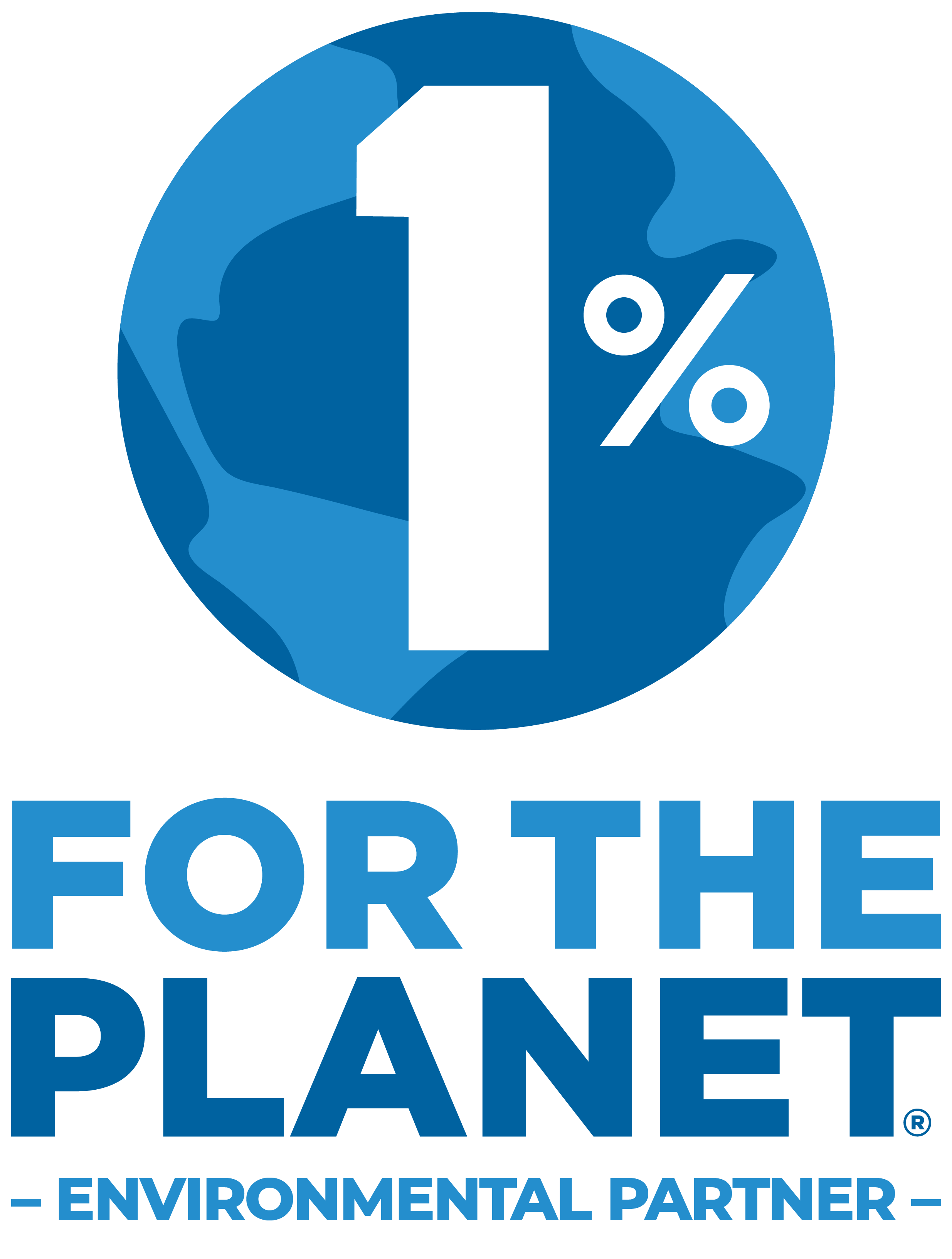Active banners: 0 Visible banners: 0
Pollinators
Provided by: The Climate Initiative |Published on: August 10, 2023
Articles/Websites
6789101112
Synopsis
- This article explores the importance of pollinators in food production, why the amount of pollinators is drastically declining around the world, and how climate change is making life harder for pollinators.
- Students will learn that pollinators are responsible for a third of all food production, the number of worldwide pollinators is decreasing because of habitat destruction, pollution, and other man-made factors, and climate change is throwing off the timing between pollinators and the plants they pollinate.

Subjects: Biology, Earth and Space Sciences, Economics
Authors: The Climate Initiative
Region: North America, USA - Northeast, United States, Global, Maine
Languages: English
Teaching Materials
Positives
- This article provides beautiful images and links the decline in pollinators to the economy.
- The "Quick Facts" section presents important statistics in an eye-catching way.
Additional Prerequisites
- Students should understand what a food chain is and how important plants are to all living things.
- Students should be familiar with climate change is and how humans are contributing to it.
Differentiation
- This article could enhance a lesson about ecosystems, food webs, food production, sustainable or organic farming methods, or the importance of pollinators to plants.
- This article could support a classroom discussion on how biodiversity is crucial for human populations.
- This article could supplement a classroom discussion on how insects are viewed within America's cultural context and how important they are from an ecological perspective.
- With middle school students, it may be useful to define some words before they dive into the reading.
Scientist Notes
Teaching Tips
Standards
Resource Type and Format
About the Partner Provider

TCI (The Climate Initiative)
The Climate Initiative is a nonpartisan, science-based climate change organization based in Kennebunkport, Maine whose mission is to empower youth voices for climate action. Through national education and empowerment initiatives, youth are learning about climate solutions and becoming agents of change in their communities and beyond. Learn more about TCI by connecting with us on Instagram, Facebook and Twitter.
All resources can be used for your educational purposes with proper attribution to the content provider.



